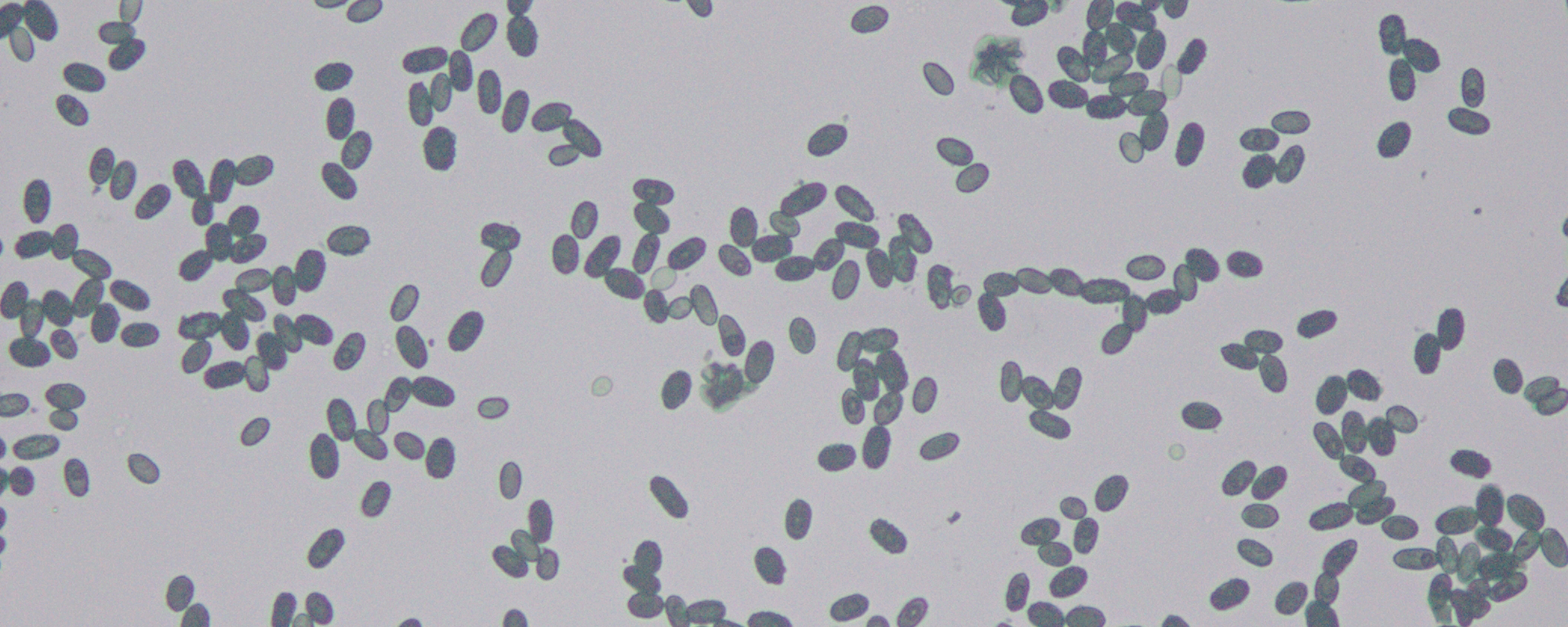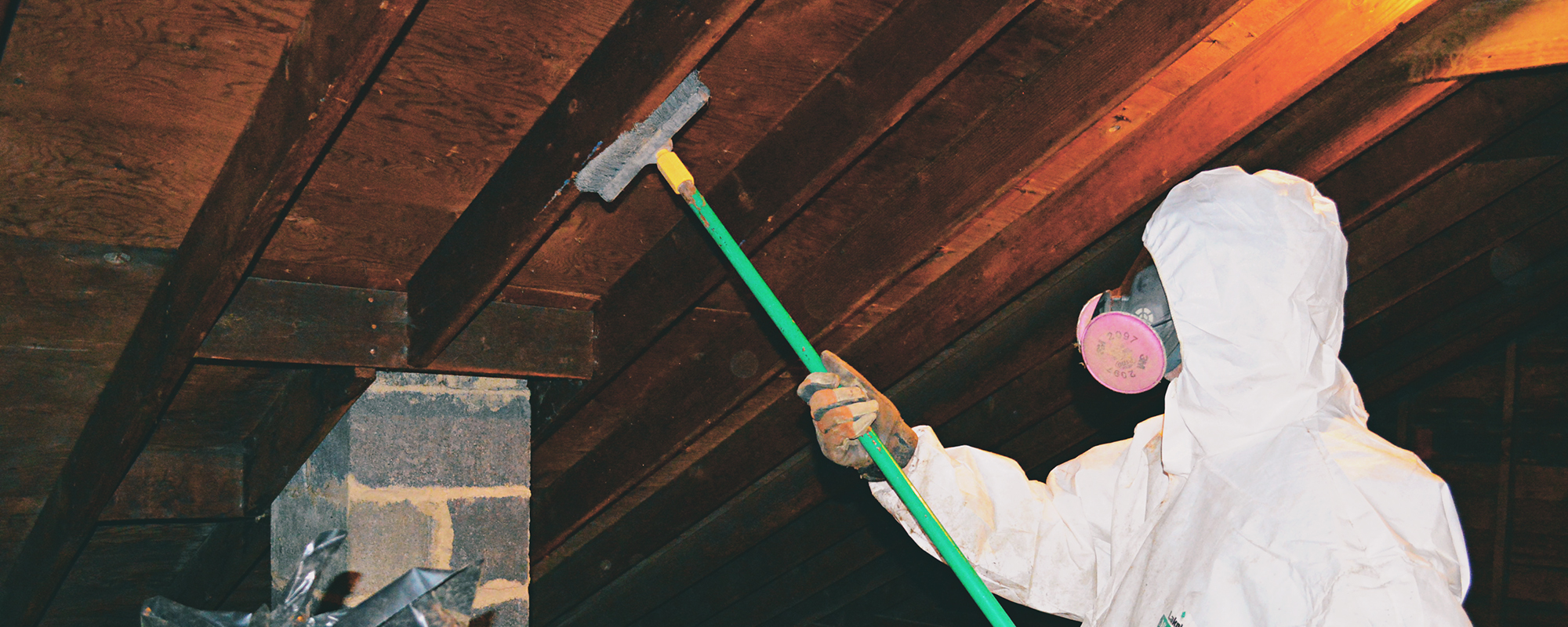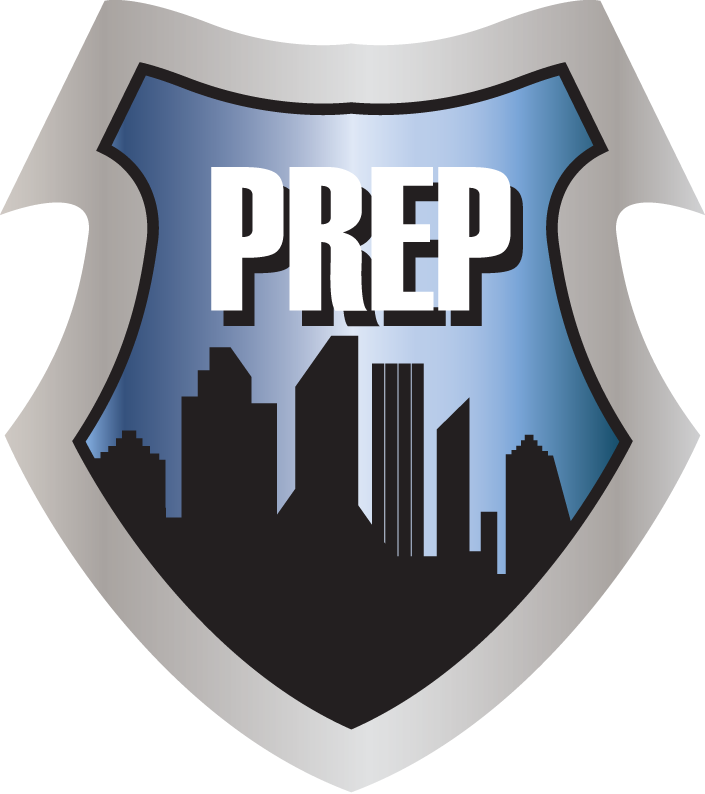What Is Toxic Mold? Should I Be Worried?

Toxic Mold Growth
Mold is responsible for the breakdown of organic matter in nature. Mold is everywhere. There will always be some mold spores indoors — the natural air exchange through doors, windows, vents and other openings means spores will naturally flow in and out of your home. People and animals make great vehicles for carrying outdoor mold spores indoors; spores can latch onto clothing, shoes, bags, pets, etc. Ideally, you want your indoor mold count to be below your outdoor mold count to be considered normal and safe levels. Mold counts vary depending on the environment, normalcy is usually unique to the property location. Elevated mold growth can be toxic to humans depending on the individual, and the property damage can render your home unsafe.
We often get asked, “Well, is it the toxic kind?” — The answer isn’t as straightforward. The health effects of mold varies per individual and toxicity varies per individual’s sensitivities. The term “Toxic Mold” is misleading. It implies that the actual mold spores themselves are toxic, but that is not the case. “Toxic Mold” refers to what the mold spores release into the air. Mold can produce mycotoxins, which are toxic chemicals that can cause chronic, adverse health effects in those exposed. Various mold species can produce mycotoxins that are dangerous to humans. The negative health effects are dependent upon the mold concentration, duration of exposure, and the individual’s sensitivities.
Regardless if it is toxic or not, indoor mold growth needs to be actively removed. Mold growth often means an underlying moisture problem. In addition to possible health effects, unaddressed mold and moisture will destroy your building materials, cause structural damage and damage your personal belongings.
The Dangers of Toxic Mold Growth
Studies have linked indoor mold exposure to various upper respiratory symptoms: coughing, wheezing, sneezing, stuffy/runny nose, throat irritation, etc. Symptoms range from mild to severe depending on the individual and depending on the mold species. So, what defines toxic mold? Different mold species release different mycotoxins. One of the most infamous toxic mold is Black Mold, or Stachybotrys Chartarum. However, the truth of the matter is, any number of mold species can be dangerous to an individual’s health. There is not one specific species of mold that is considered toxic. Prolonged exposure to elevated mold growth (of any kind, not just “toxic mold”) can lead to negative health effects depending on the individual and the situation. If you are experiencing unexplained symptoms, consult a physician and get your home tested for toxic mold. In additional to the the health threats, mold and water presents a physical threat to your property and building structure — property damage, compromised structural integrity, diminished property value and more.
What To Do About Toxic Mold Growth
Mold research is relatively new and the science community is constantly discovering and understanding more about its potential health and safety implications. However, toxicity is not the only major concern when it comes to mold. If there is major mold growth in the home, it is a good indicator of more serious underlying issues. Continuous mold growth is often the result of a water problem. At the first sign of serious water buildup, you should contact a professional for help. A constant water source (ie: leaking, flooding, etc.) could be feeding a mold problem and causing widespread contamination. Neglected water problems can lead to expensive and dangerous property damage. While mycotoxin exposure can be dangerous to you and your family’s health, a home with compromised structural support (due to water damage) is simply unsafe for you and your family.
When it comes to mold doing the job wrong can result in a costlier future remediation or, worse, serious health implications. If you suspect a toxic mold problem in your property, the professionally trained mold specialists at Water Extraction Team (WET) will be able to assess the full extent of your mold problems and provide a safe and effective mold remediation solution. To learn more about mold remediation services in your area, call today — [phone].






